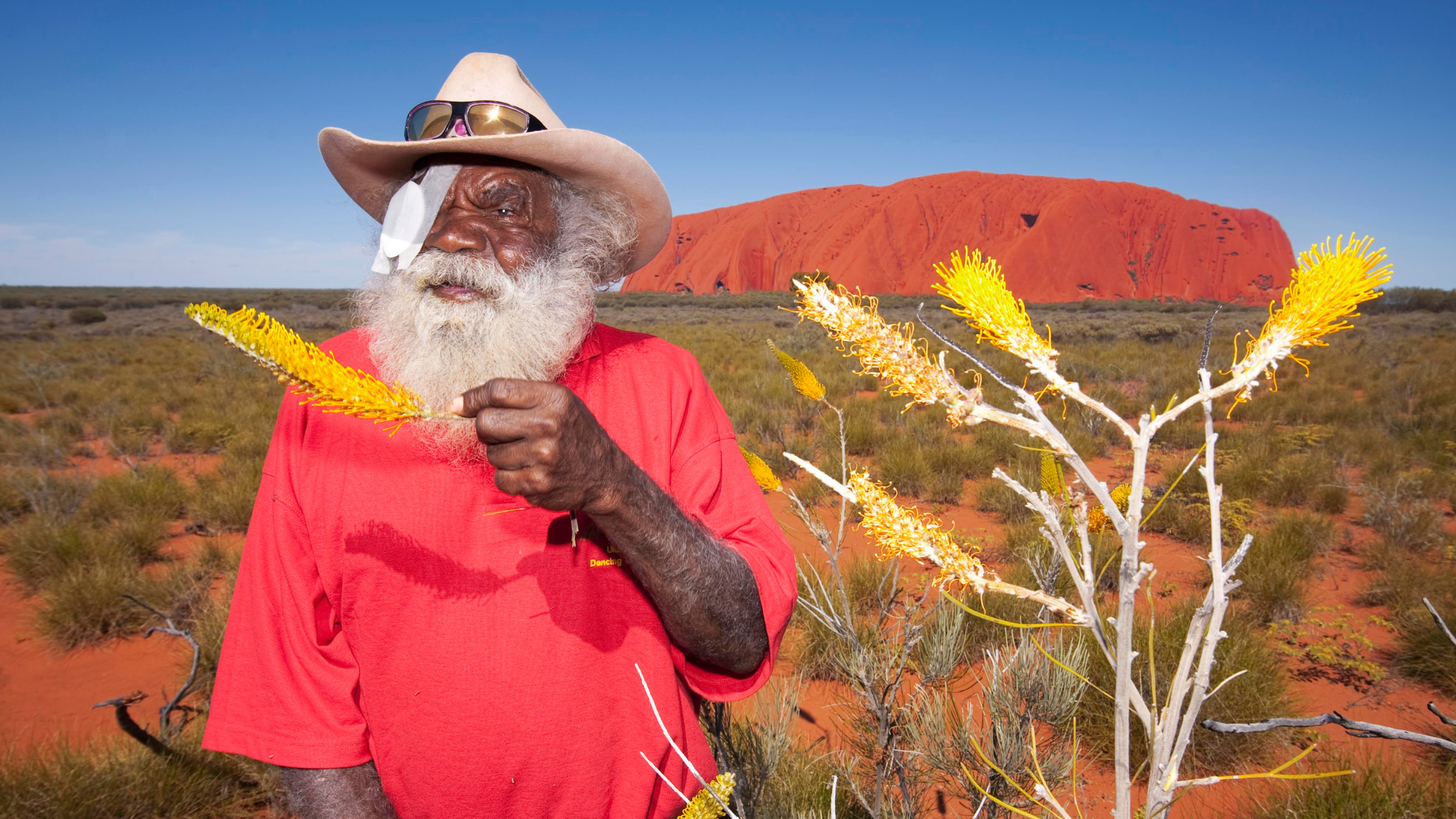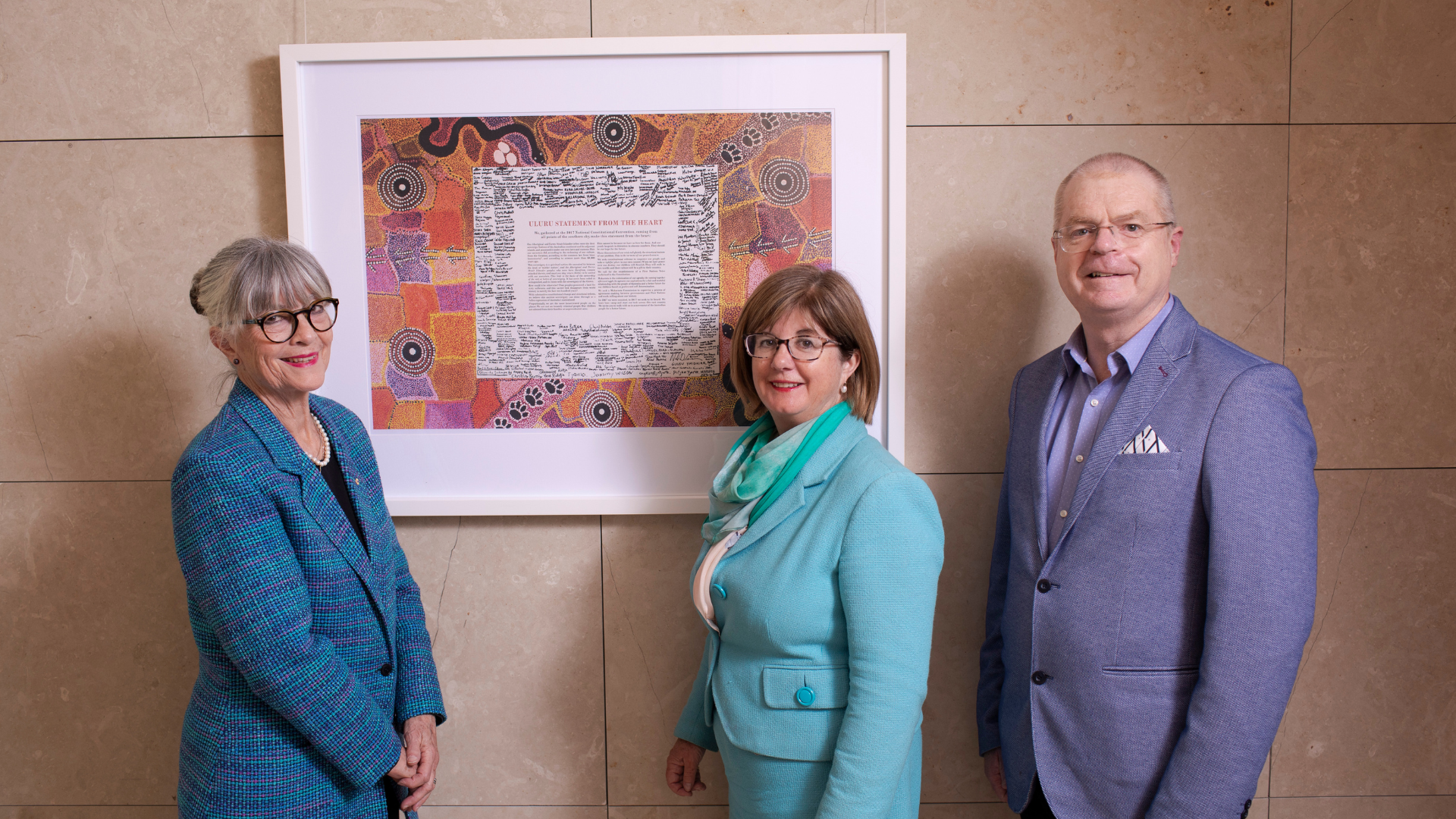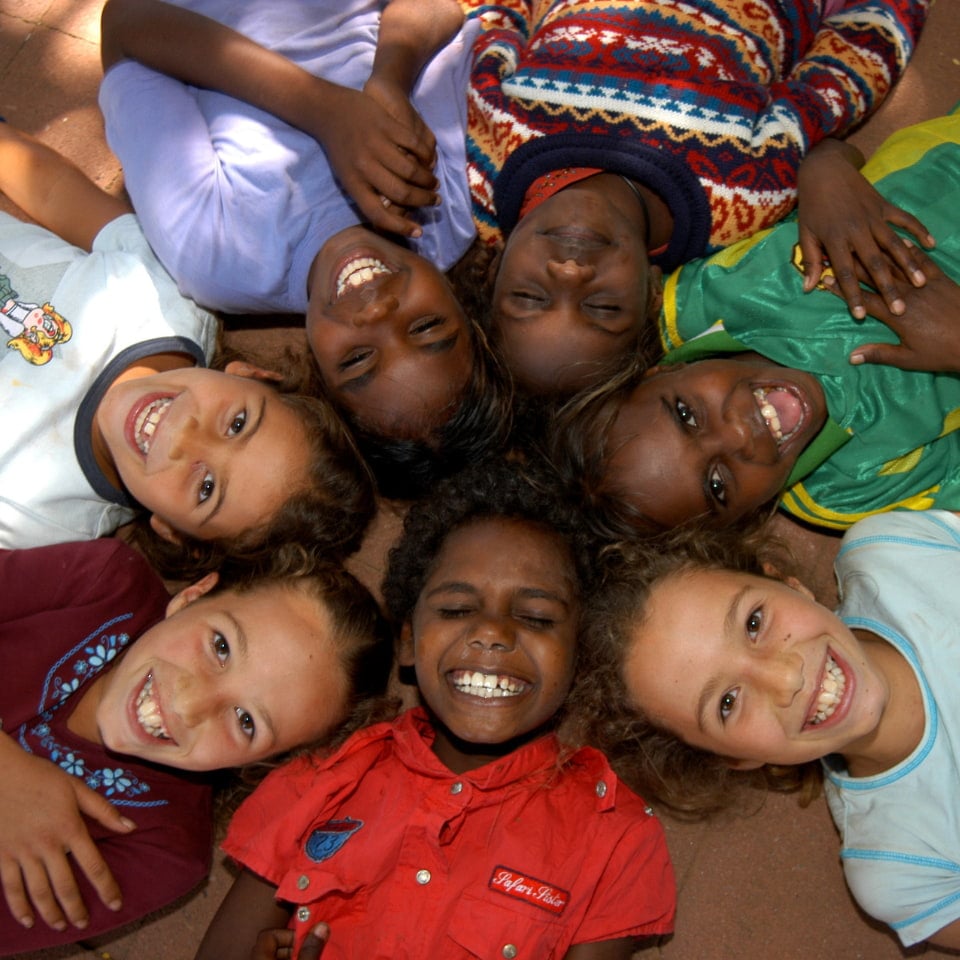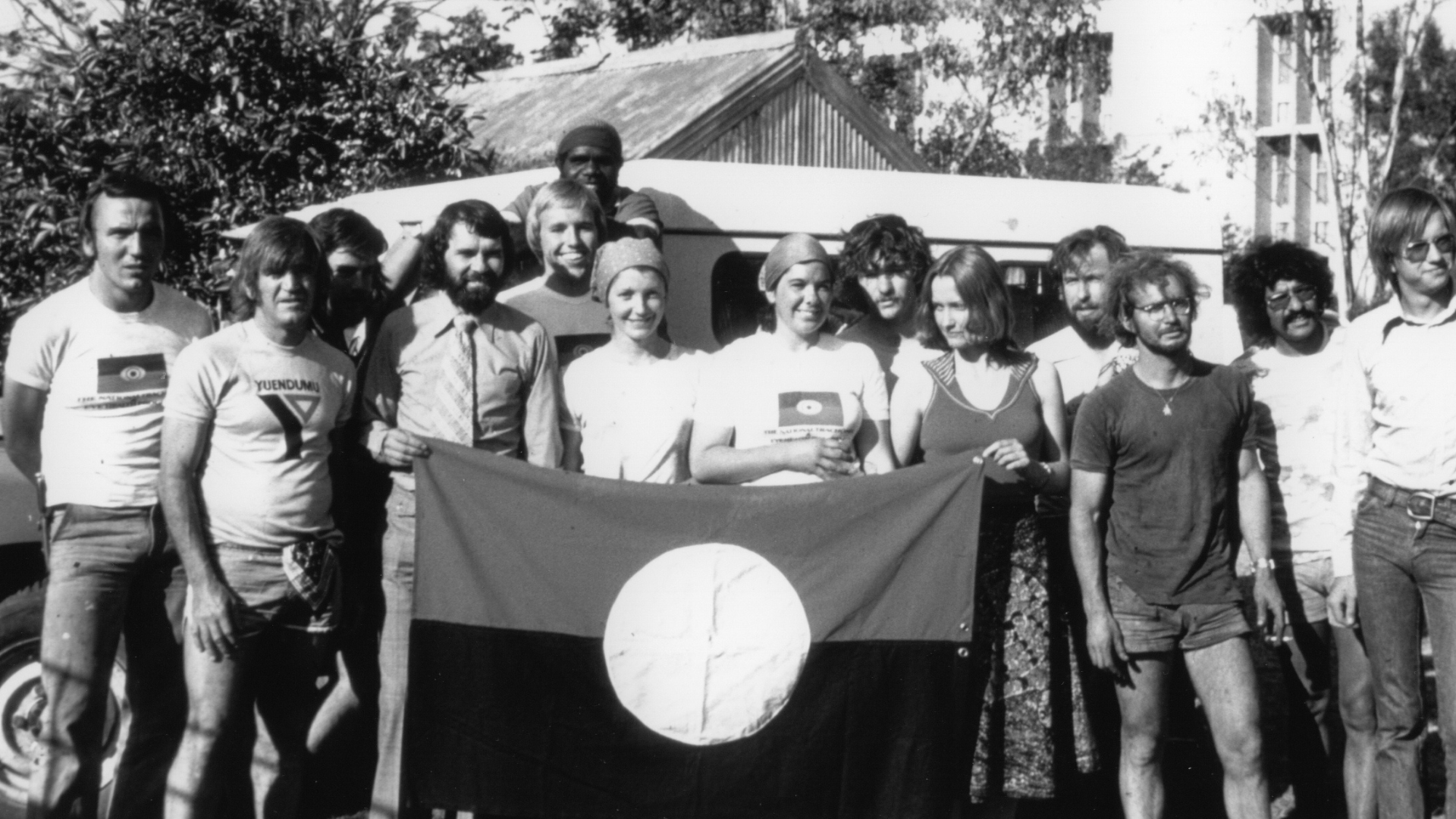7 ways you can take part of reconciliation all year long

Stepping out of our comfort zone to help make a stronger push towards Reconciliation in Australia is something The Fred Hollows Foundation has committed to, and we’d love you to join us.
To help us get there, here are seven ways to take part in reconciliation all year, not just on significant dates or in awareness weeks...
- Commit to action;
- Learn what Country you are on;
- Read and share the Uluru Statement from the Heart;
- A Reconciliation Action Plan;
- Call out racism;
- Buy from First Nations businesses; and
- Post on social media.
1. Commit to action
The most important first step is to commit yourself to take action on Reconciliation.
You can hold yourself to the commitment by writing it down, recording it, or getting someone else to record it for you, and even posting it to social media.
You can even enlist friends and family to join your commitment and hold each other to it.
2. Learn what country you're on
Take the time to find out which Country you are on where you live, work, or visit.
We encourage you acknowledge the Country you are on at the start of a gathering or meeting as a mark of respect to the Country and traditional owners. You can even acknowledge the Country you are on through your social media accounts.
You can read more about why an acknowledgement of Country is important.

3. Read and share the Uluru Statement from the Heart
As the Uluru Statement from the Heart website says, the Uluru Statement is an invitation to the Australian people to walk together in a movement of the Australian people for a better future.
It’s important to read that invitation and understand the changes it is asking for: a constitutionally enshrined Voice to Parliament, truth-telling about our nation’s history, and a treaty with Aboriginal and Torres Strait Islander Peoples.
One of the best ways to do that is to take the time to read the Statement itself and share that with friends and family.
The Fred Hollows Foundation is committed to the Uluru Statement in full.

4. A Reconciliation Action Plan
Find out if your workplace has a Reconciliation Action Plan.
If so, find out how you can be involved with it and help it reach its aims.
If not, consider asking your workplace to implement a Reconciliation Action Plan and plan meaningful action to advance Reconciliation.
Learn more about developing your workplace’s Reconciliation Action Plan on the Reconciliation Australia website.

5. Call out racism
“It is essential that Australia remain a society committed to non-discrimination and tolerance,” the former race discrimination commissioner Tim Soutphommasane wrote.
Being committed to that involves calling out racism when we see or hear it.
Every time we take action against racism, we take a step closer towards reconciliation.

6. Buy from Aboriginal and/or Torres Strait Islander businesses
Whether it’s candles, condiments, cans of drink, a cookbook, or more, you can support Reconciliation by supporting businesses owned and run by Aboriginal and Torres Strait Islander Peoples.
You and/or your business can even make a commitment (as many companies do via their Reconciliation Action Plan, see above) to source products and services from First Nations businesses when possible.
Check out Supply Nation to find those businesses.

7. Post on social media
Lastly, make sure that your friends and family can come with you on this journey by telling them about it – in person and on social media.
You can share with them why you care about Reconciliation and what you’re doing to move Australia towards it.
You can even share resources such as this article to help your friends and family take the steps towards reconciliation.

Meet the author
Related articles

10 ways your business can support the Uluru Statement from the Heart

5 Things You Can Do To Close The Gap
